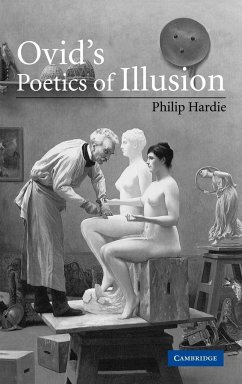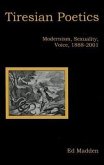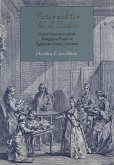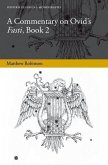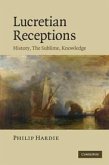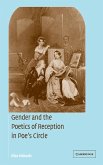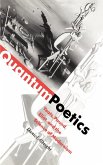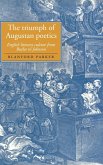Ovid's poetry is haunted obsessively by a sense both of the living fullness of the texts and of the emptiness of these 'insubstantial pageants'. This major study touches on the whole of Ovid's output, from the Amores to the exile poetry, and is the first overarching treatment of illusionism and the textual conjuring of presence in the corpus. Modern critical and theoretical approaches, accompanied by close readings of individual passages, examine the topic from the points of view of poetics and rhetoric, aesthetics, the psychology of desire, philosophy, religion and politics. There are also case studies of the reception of Ovid's poetics of illusion in Renaissance and modern literature and art. The book will interest students and scholars of Latin and later European literatures. All foreign languages are accompanied by translations.
Table of contents:
1. Introduction; 2. Impossible objects of desire; 3. Death, desire, and monuments; 4. The Heroides; 5. Narcissus: the mirror of the text; 6. Pygmalion: art and illusion; 7. Absent presences of language; 8. Conjugal conjurings; 9. The exile poetry; 10. Ovid recalled in the modern novel.
This major study provides the first comprehensive treatment of the ways in which Ovid creates and simultaneously deflates various kinds of illusion in his poetry, touching on his entire output, from the Amores to the exile poetry. It includes substantial discussions of Ovid's reception in western literature and art.
First comprehensive treatment of the ways in which Ovid exploits illusion in his poetry.
Hinweis: Dieser Artikel kann nur an eine deutsche Lieferadresse ausgeliefert werden.
Table of contents:
1. Introduction; 2. Impossible objects of desire; 3. Death, desire, and monuments; 4. The Heroides; 5. Narcissus: the mirror of the text; 6. Pygmalion: art and illusion; 7. Absent presences of language; 8. Conjugal conjurings; 9. The exile poetry; 10. Ovid recalled in the modern novel.
This major study provides the first comprehensive treatment of the ways in which Ovid creates and simultaneously deflates various kinds of illusion in his poetry, touching on his entire output, from the Amores to the exile poetry. It includes substantial discussions of Ovid's reception in western literature and art.
First comprehensive treatment of the ways in which Ovid exploits illusion in his poetry.
Hinweis: Dieser Artikel kann nur an eine deutsche Lieferadresse ausgeliefert werden.

